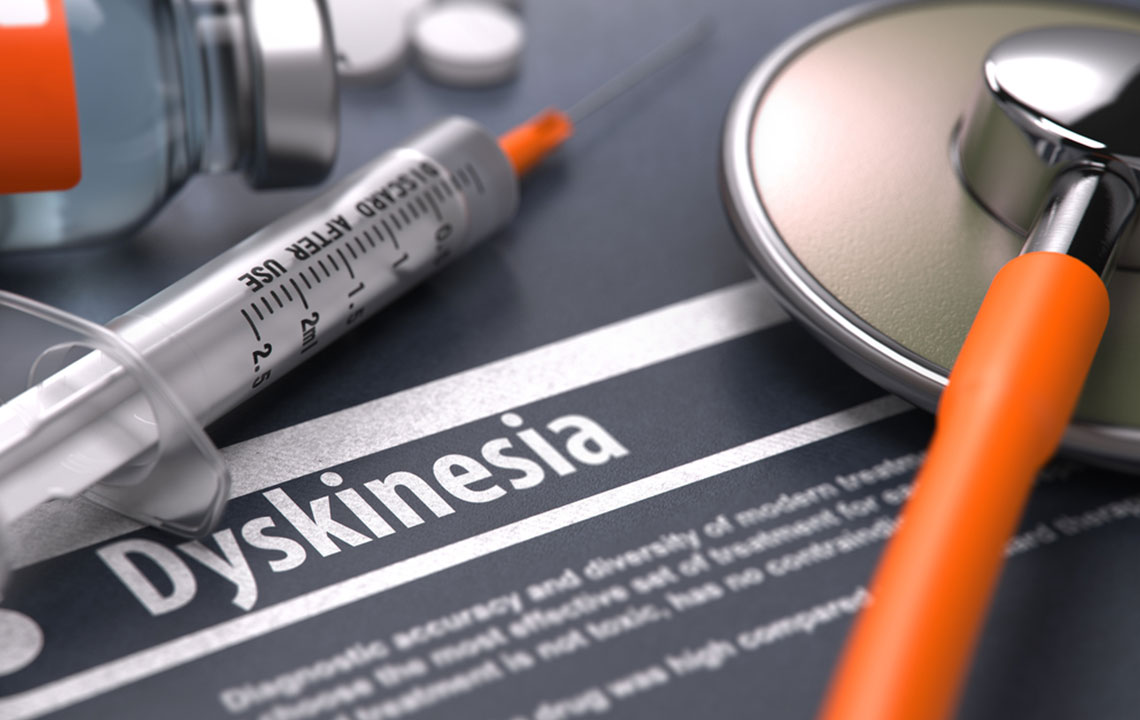Understanding the Top 5 Causes of Hearing Impairment and How to Protect Your Hearinghealth
Hearing impairment affects millions globally, caused by factors such as noise exposure, injuries, and health conditions. Protecting your hearing involves understanding these primary causes and taking preventive measures like using ear protection, managing health issues, and seeking early treatment. Recognizing the importance of hearing health can improve quality of life and reduce permanent damage. This comprehensive guide details the top causes of hearing loss and offers practical tips for prevention and care, emphasizing early diagnosis and intervention for optimal outcomes.

Hearing impairment stands as one of the most prevalent health concerns globally, affecting millions of individuals across various age groups. This condition not only impacts communication but also influences quality of life, mental health, and social interactions. According to recent studies, millions of people in countries like the United States alone are affected by some degree of hearing loss, emphasizing the importance of understanding its causes for effective prevention and management. Hearing health is vital, and recognizing the primary factors that contribute to hearing impairment can help individuals take proactive steps to protect their auditory system.
Chronic Noise Exposure – The Silent Threat
One of the leading causes of permanent hearing damage is prolonged exposure to loud noises. From industrial workplaces to recreational activities like concerts, loud machinery, or personal audio devices, excessive noise levels can cause irreversible damage to the delicate hair cells within the cochlea. Workers in construction, manufacturing, and military personnel regularly face high noise levels, making them particularly vulnerable.
Repeated exposure over time can lead to noise-induced hearing loss (NIHL), which gradually deteriorates hearing ability. Studies indicate that once hair cells in the inner ear are damaged, they do not regenerate, leading to permanent impairment. Protecting your hearing involves using ear protection devices such as earplugs or earmuffs, especially in noisy environments. Additionally, implementing sound level controls at workplaces and encouraging public awareness about safe listening practices are essential steps in preventing noise-related hearing loss.
Military Service and Occupational Hazards
Military personnel face a unique set of challenges regarding hearing health. Exposure to gunfire, explosions, heavy machinery, and aircraft noise during training or combat operations can cause acoustic trauma—sudden hearing loss due to extremely loud sounds. Soldiers often experience temporary or permanent damage depending on the intensity and duration of exposure.
Military organizations are increasingly adopting protective measures such as specialized ear protection gear and regular hearing assessments to mitigate these risks. However, despite precautions, some damage is inevitable, making early detection and treatment crucial for preserving remaining hearing function.
Sudden Hearing Loss – A Medical Emergency
Sudden sensorineural hearing loss (SSNHL) is a rapid, unexplained loss of hearing, often occurring within a few hours or days. This phenomenon is relatively rare but demands immediate medical attention. It can be caused by several factors, including viral infections, vascular issues, or trauma.
Traumatic injuries, such as head blows or injuries to the ear, can lead to sudden hearing impairment. Although less common, these episodes can feel as abrupt and distressing as partial or complete deafness and require prompt diagnosis and treatment—often involving corticosteroid therapy—to maximize chances of recovery.
Health Conditions and Ear Infections
Underlying health issues can also impair hearing. Conditions like hypertension, cardiovascular disease, and metabolic disorders can affect blood flow to the inner ear, resulting in hearing difficulties. Ear-specific diseases such as otosclerosis—abnormal bone growth in the middle ear—can also disrupt sound transmission.
Chronic ear infections, particularly otitis media, and damage caused by infections can permanently damage the structures within the ear. Otitis media that involves perforation of the eardrum may result in conductive hearing loss. Regular ear health checks and managing comorbidities are vital to prevent long-term auditory damage.
Physical Injuries Leading to Hearing Loss
Trauma to the head or neck, including skull fractures and punctures to the eardrum, can cause significant hearing impairment. Such injuries often require surgical intervention and ongoing medical care.
Punctures or fractures that penetrate the eardrum or damage the ossicular chain can lead to partial or complete deafness if untreated. In some cases, reconstructive surgeries may restore hearing; however, if injuries are severe, the damage may be irreversible. Immediate medical attention following head injuries is critical in preventing permanent hearing loss.
While treatments like hearing aids, cochlear implants, sign language, and lip reading can enhance communication, they do not reverse the damage once it becomes irreversible. Consequently, early diagnosis and effective management are imperative to preserving hearing health and improving quality of life.
Prevention strategies include wearing appropriate hearing protection, regular occupational safety assessments, and seeking prompt medical attention for ear injuries or infections. Raising awareness about the risks associated with noise exposure and head trauma plays a crucial role in reducing the prevalence of hearing impairment worldwide.





